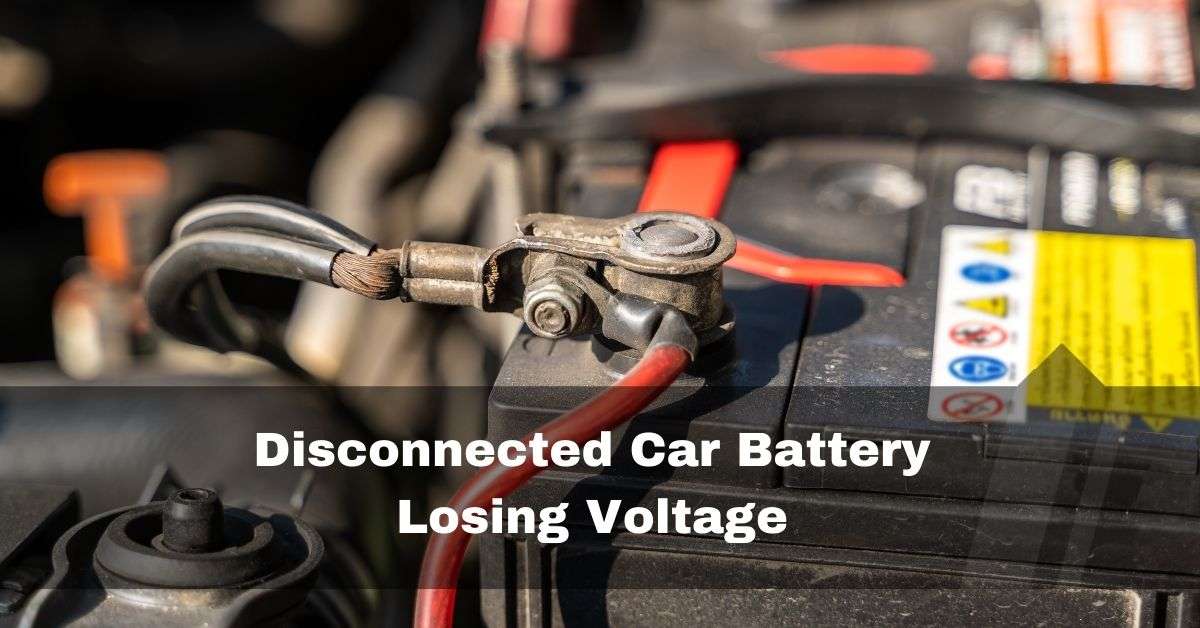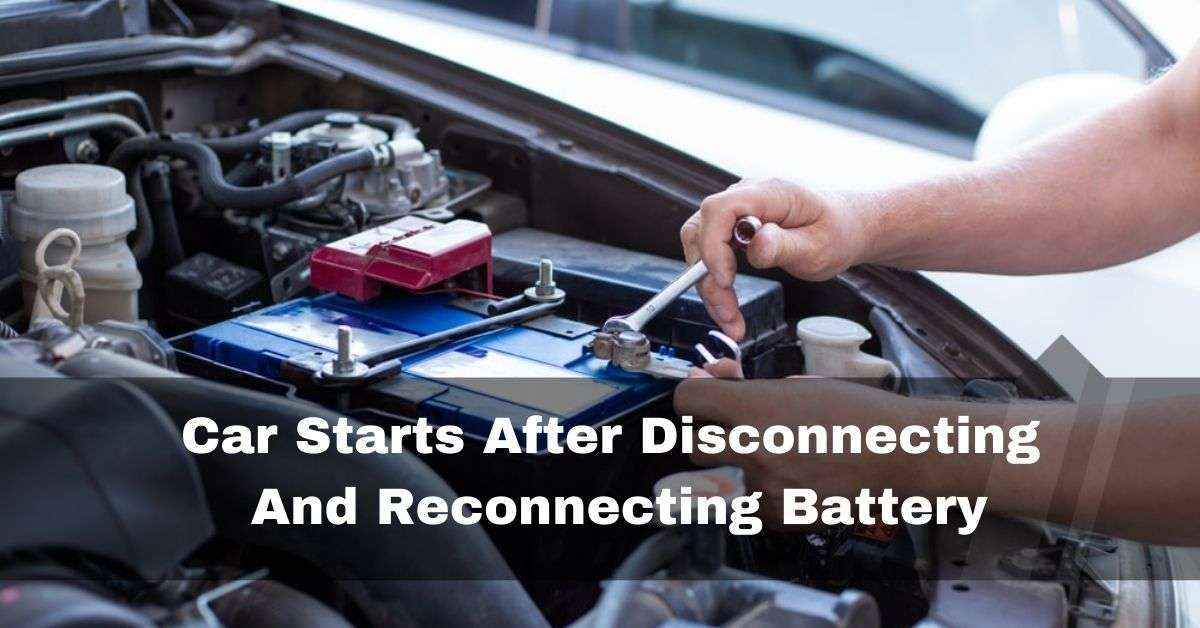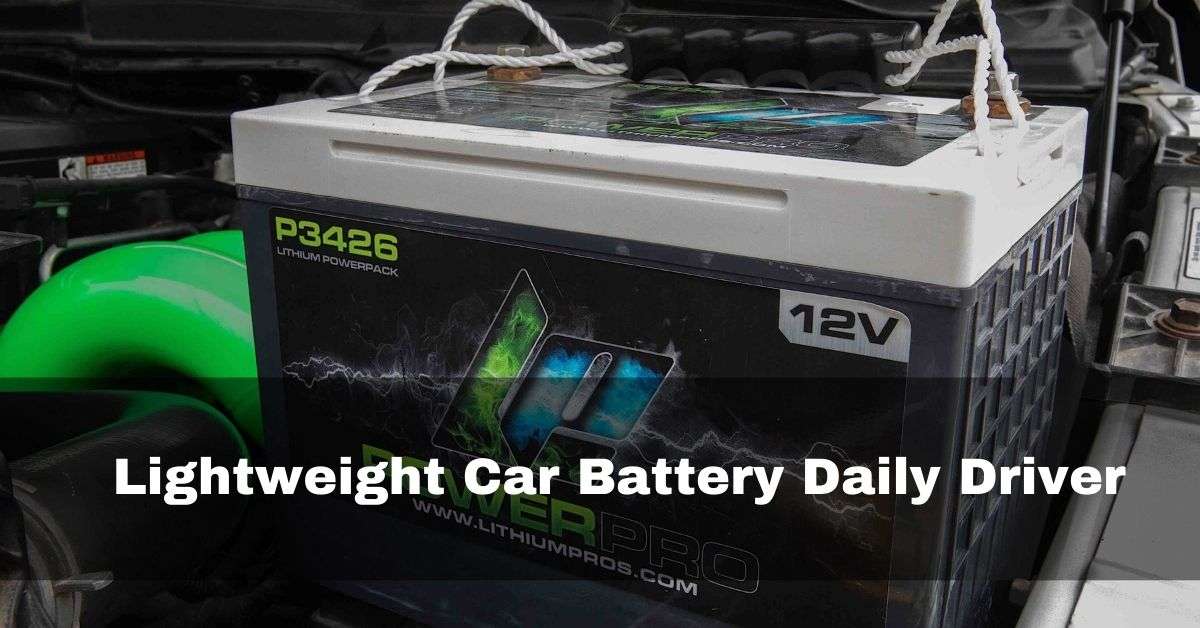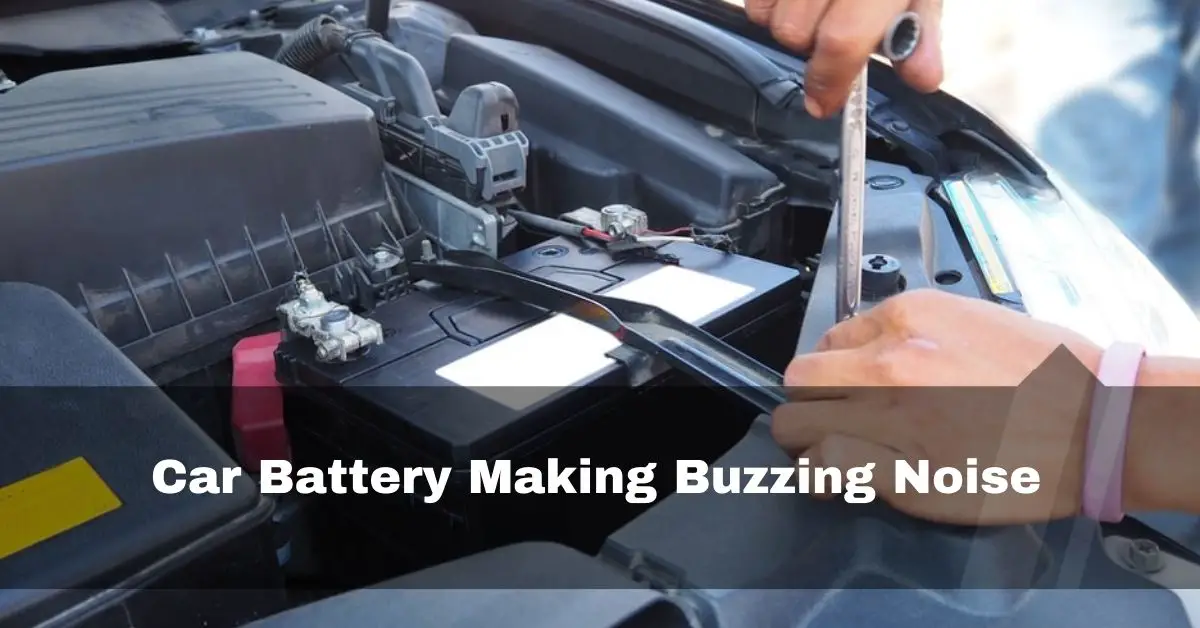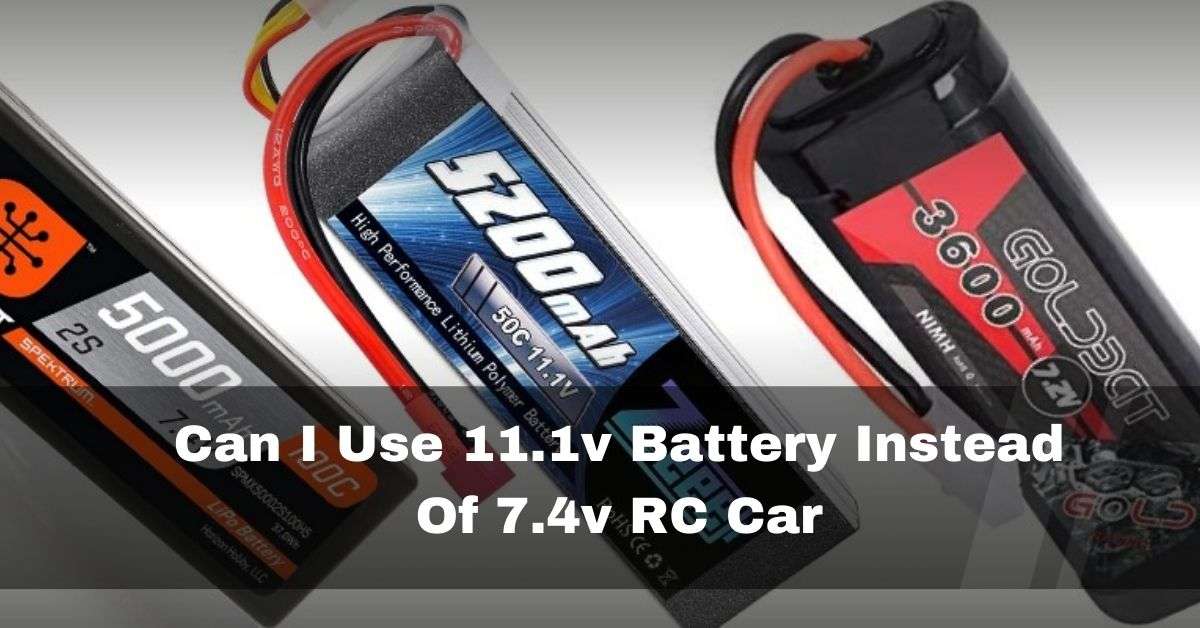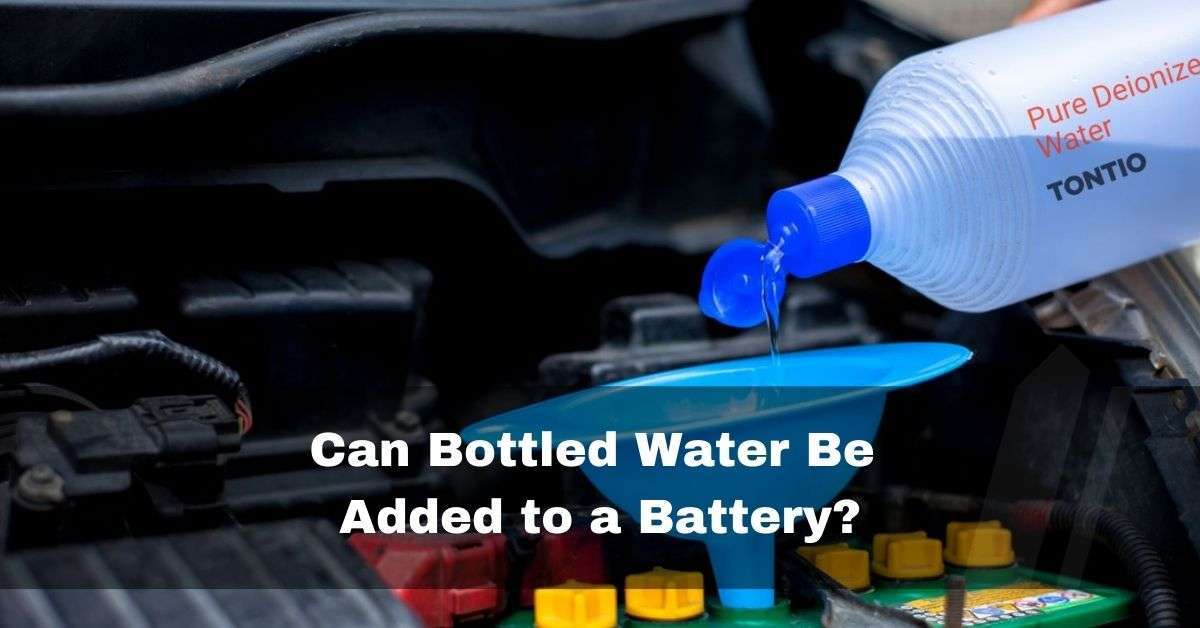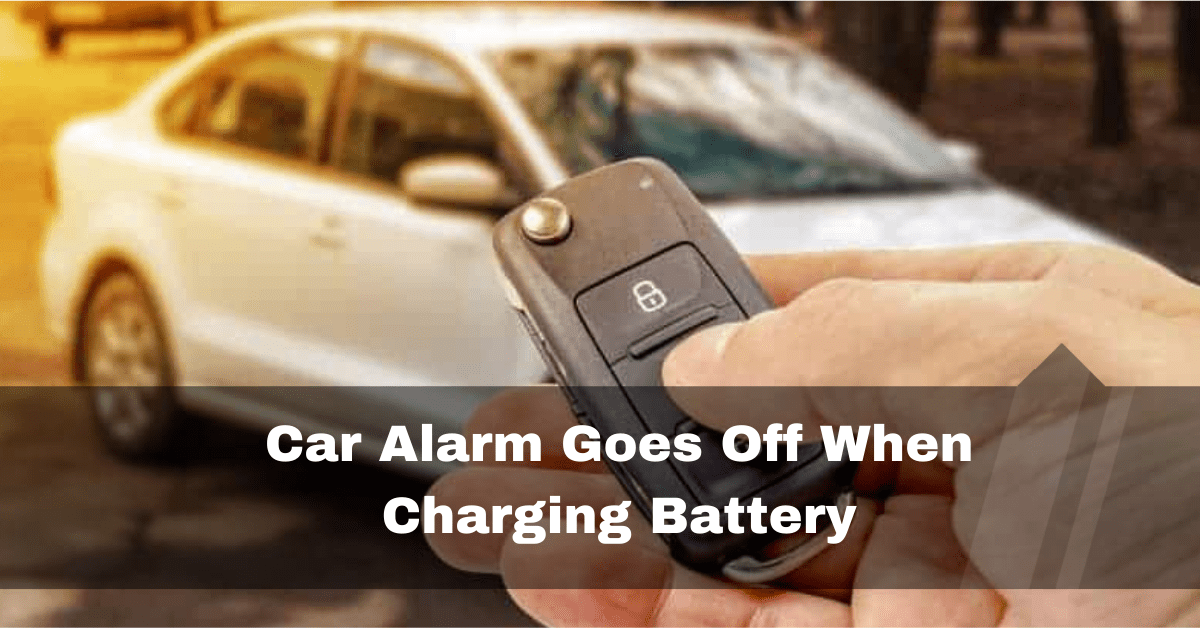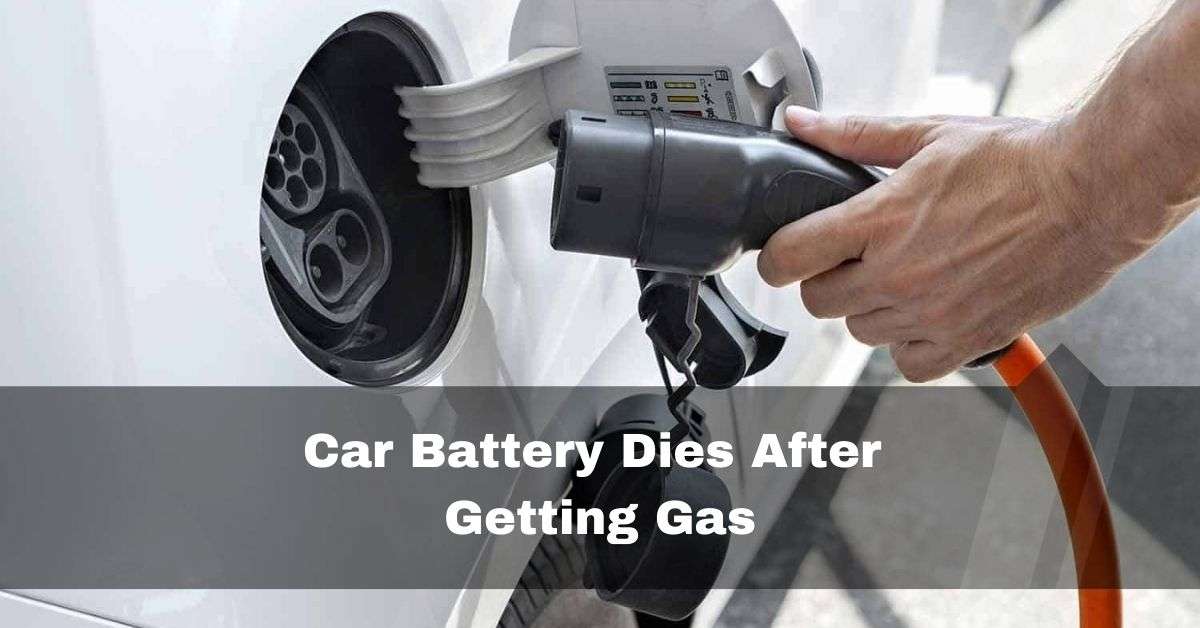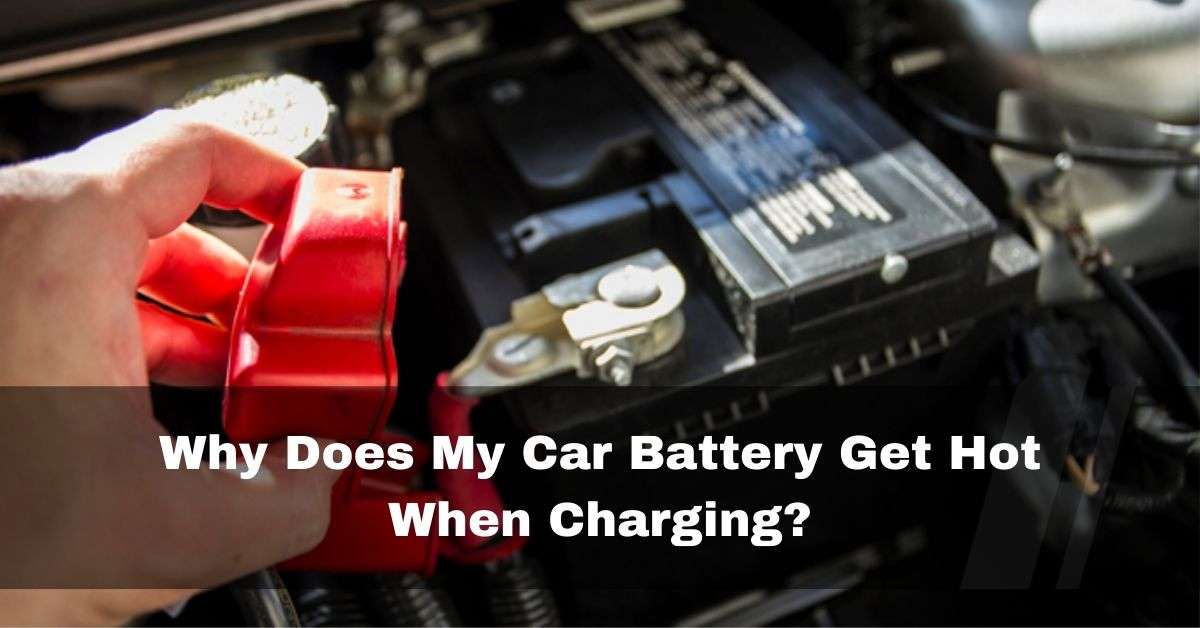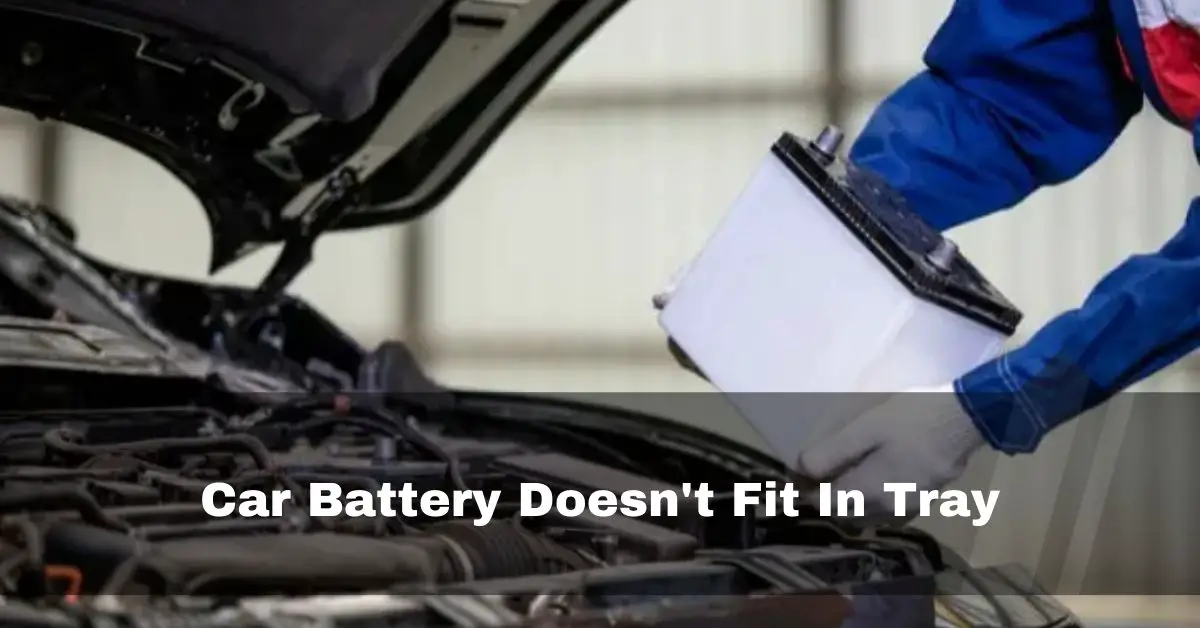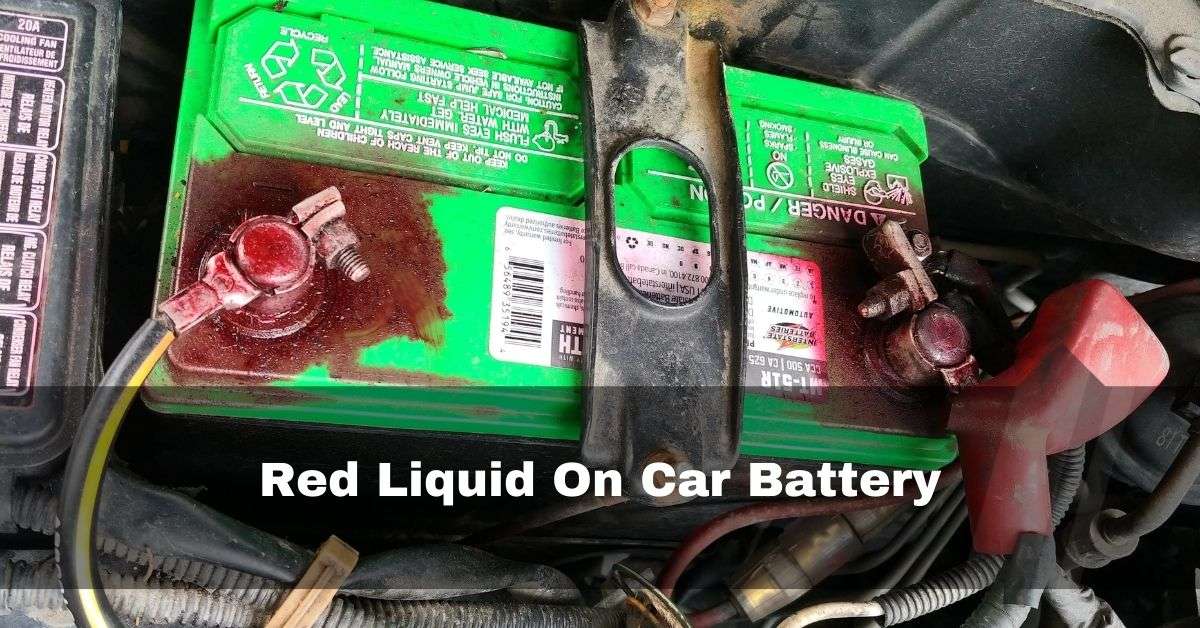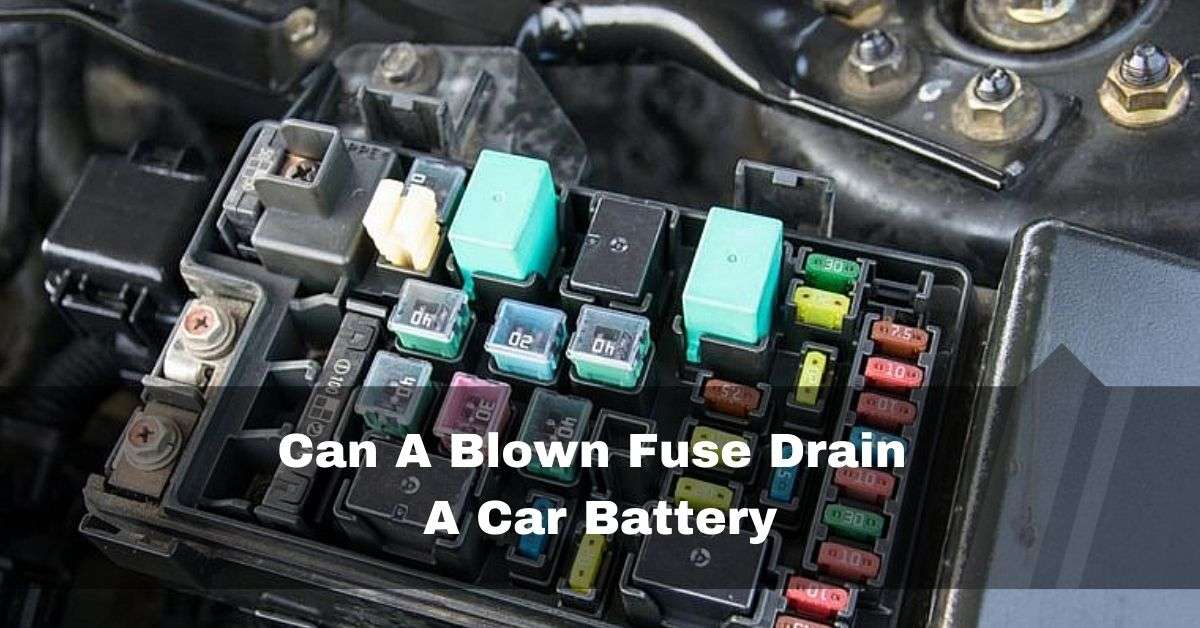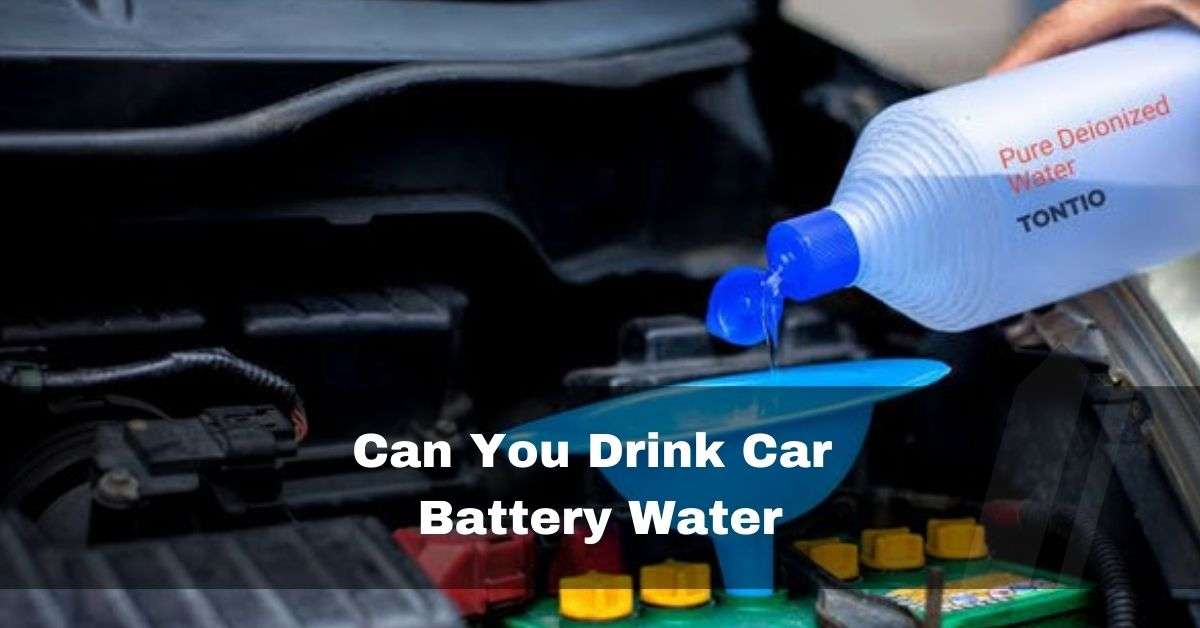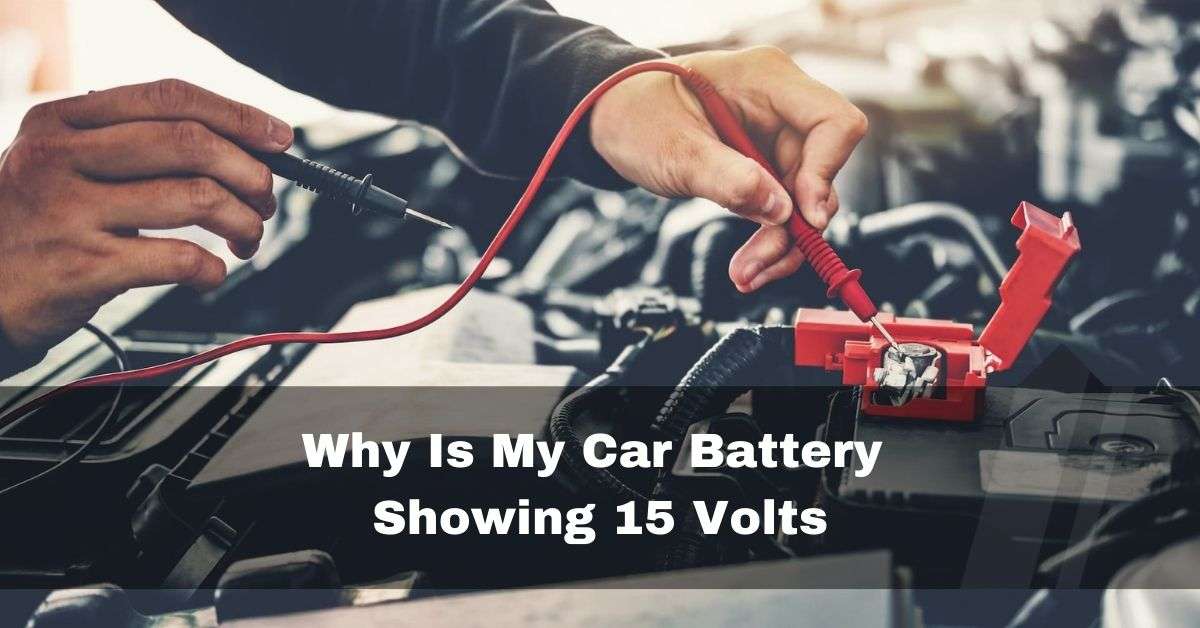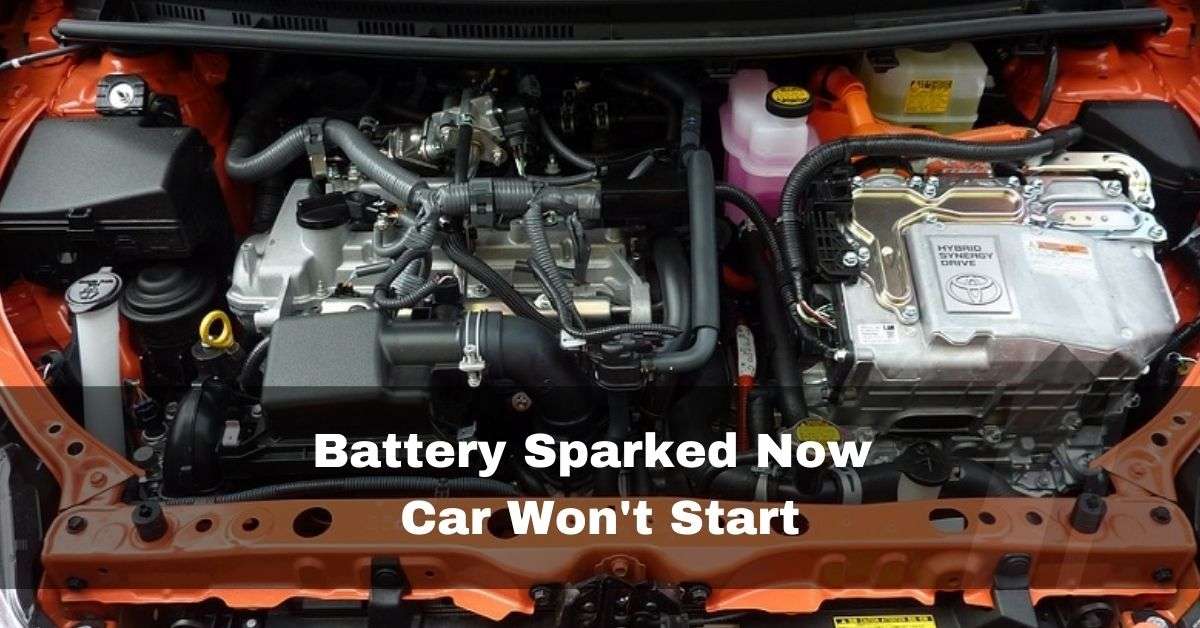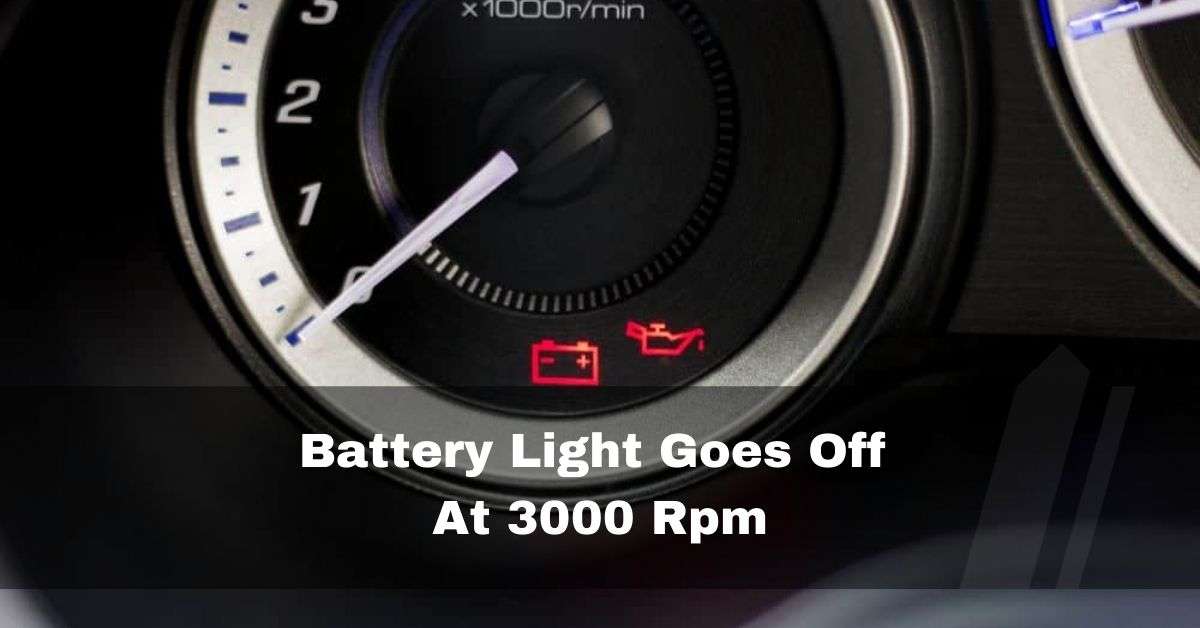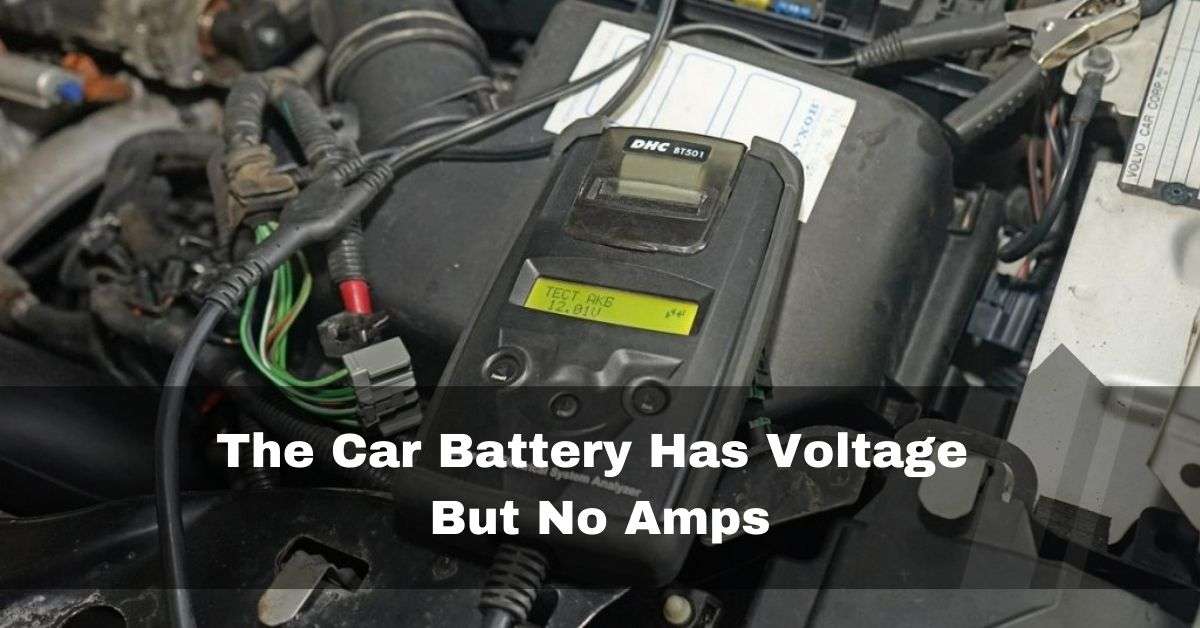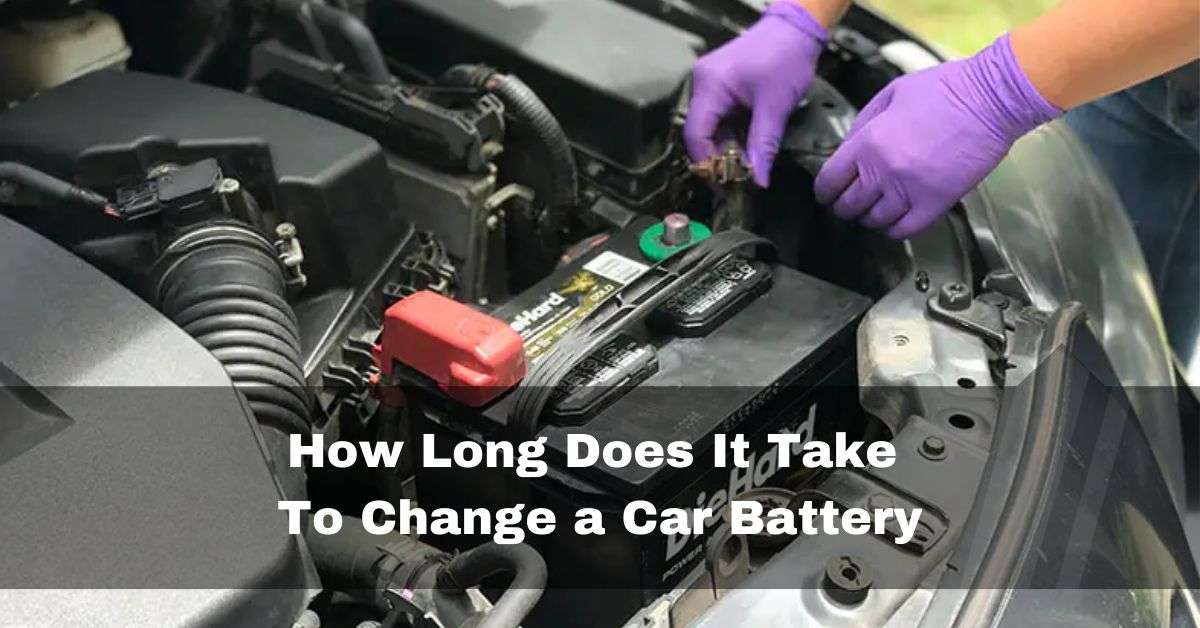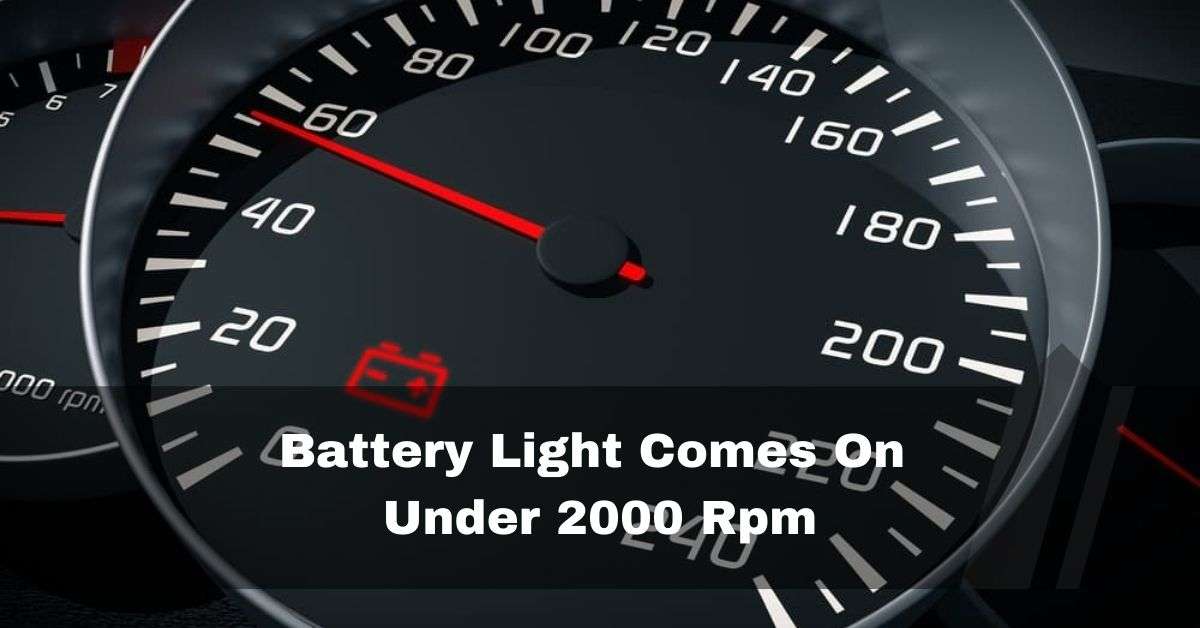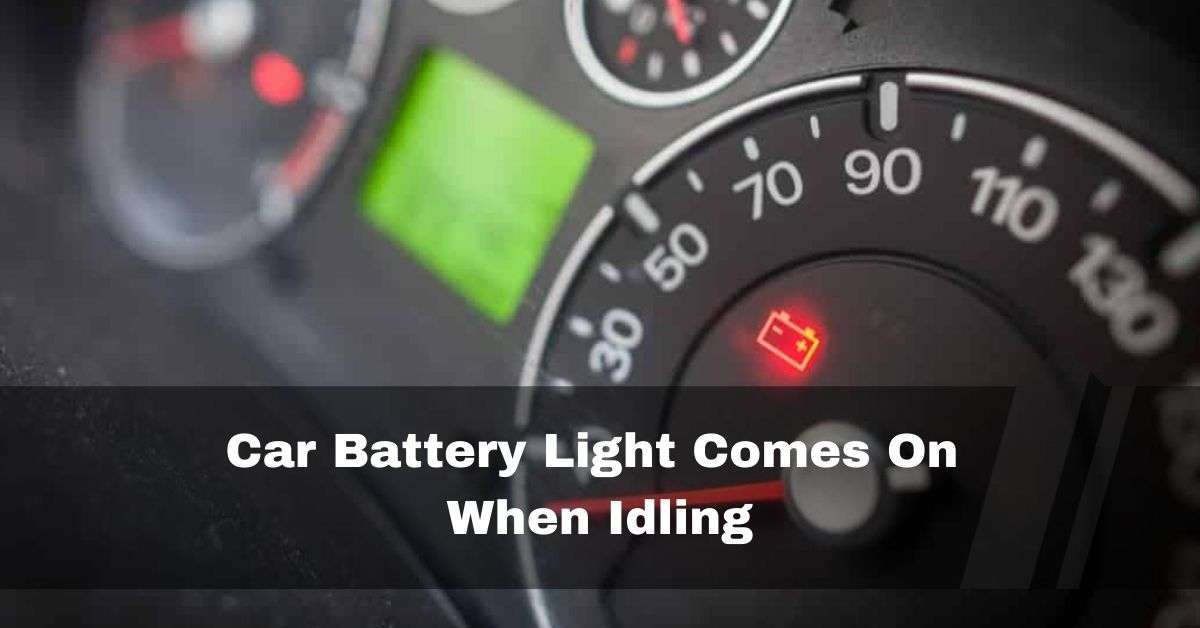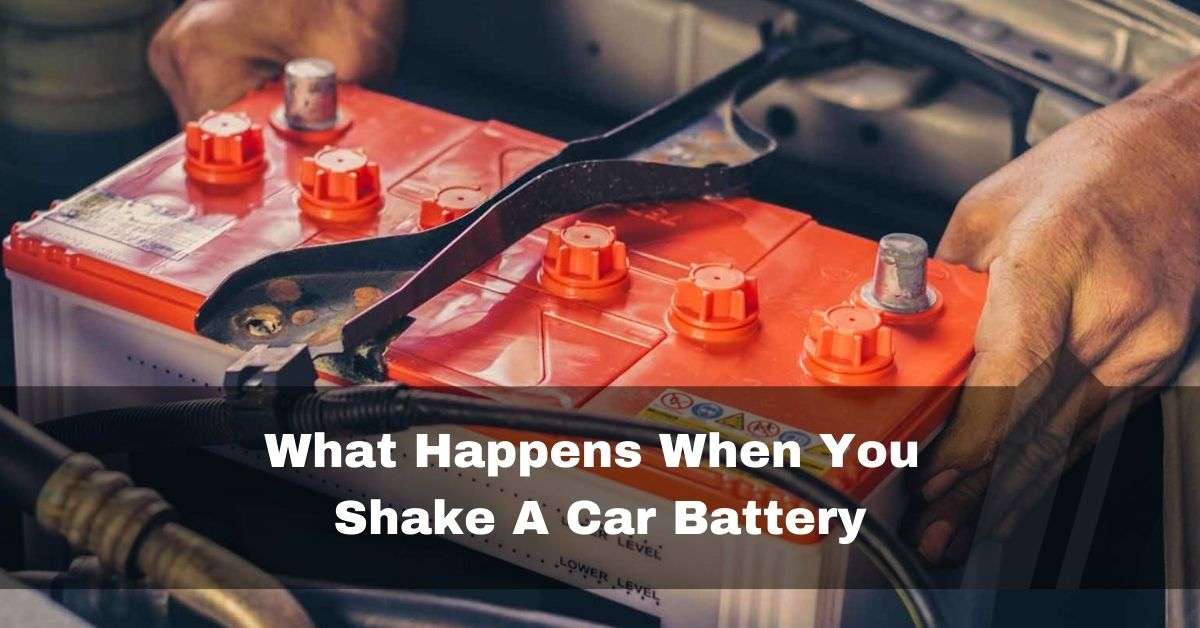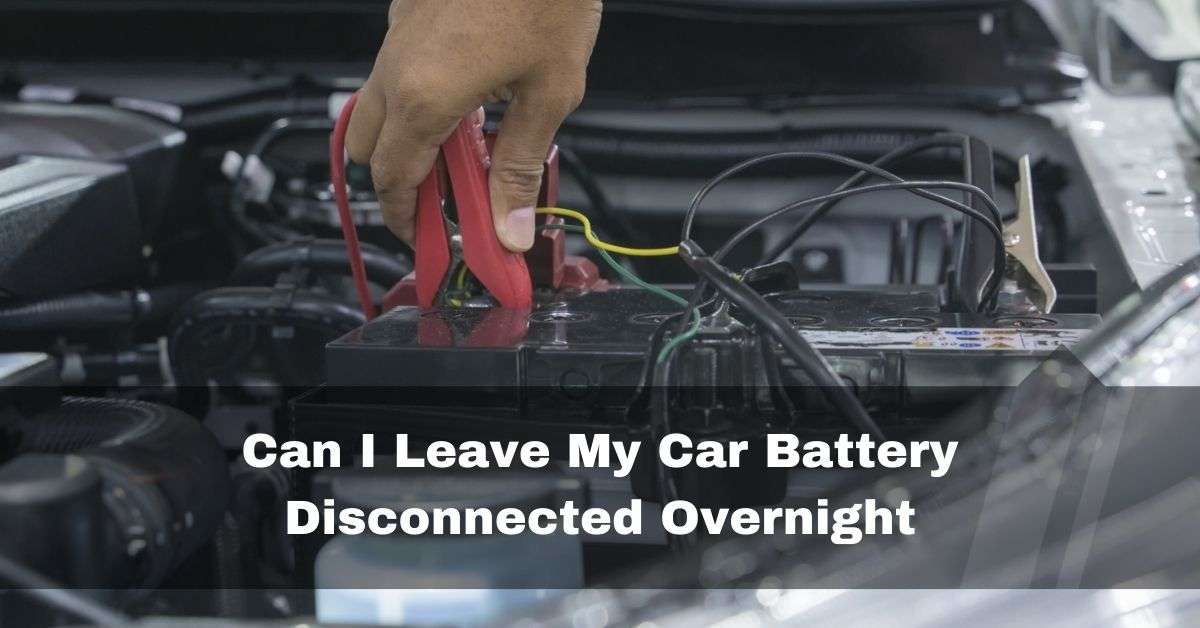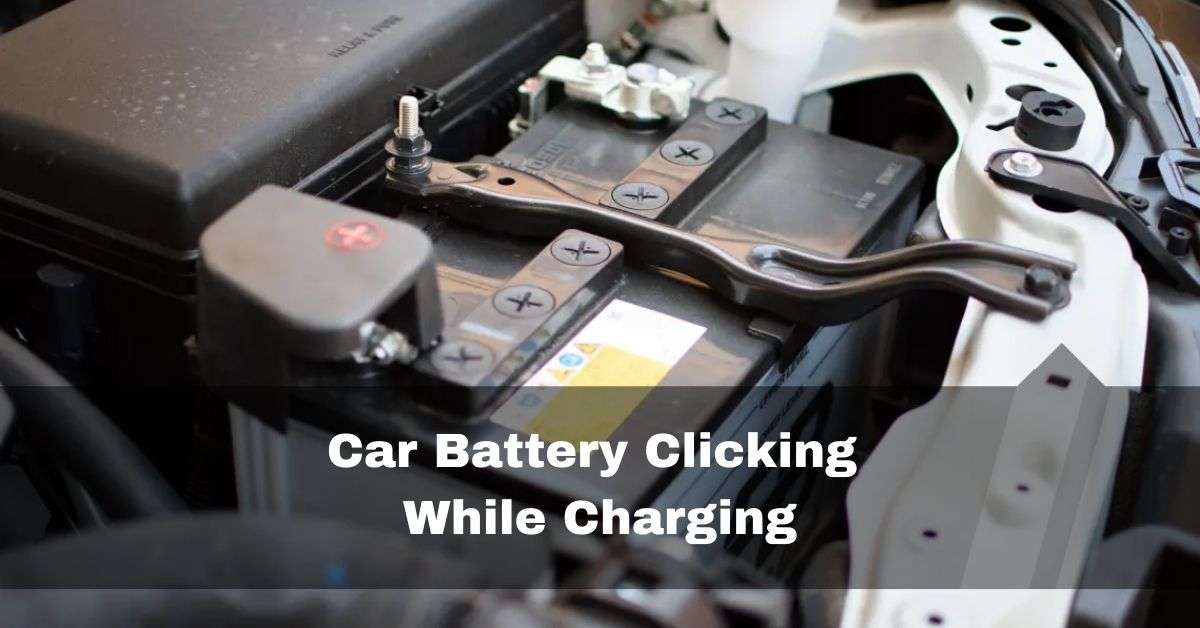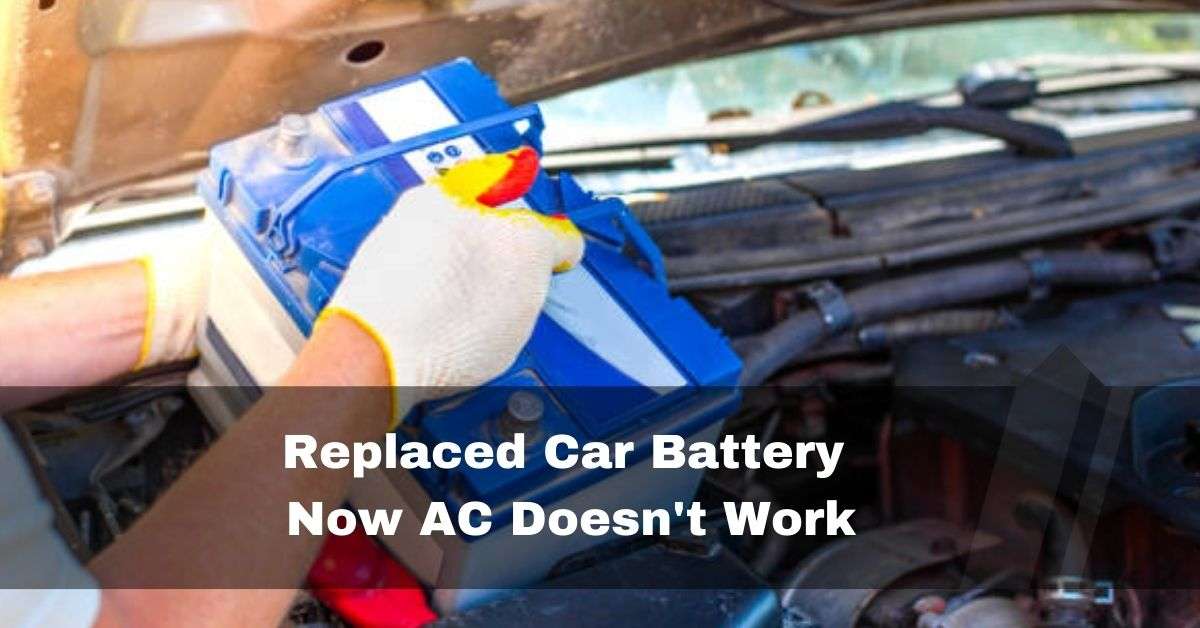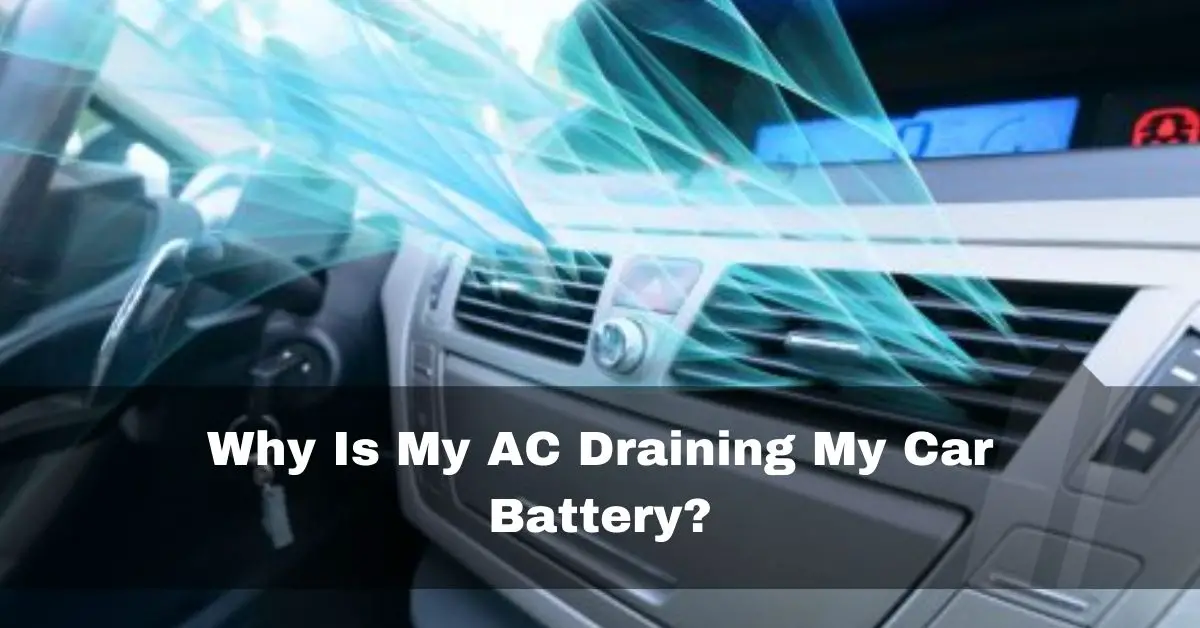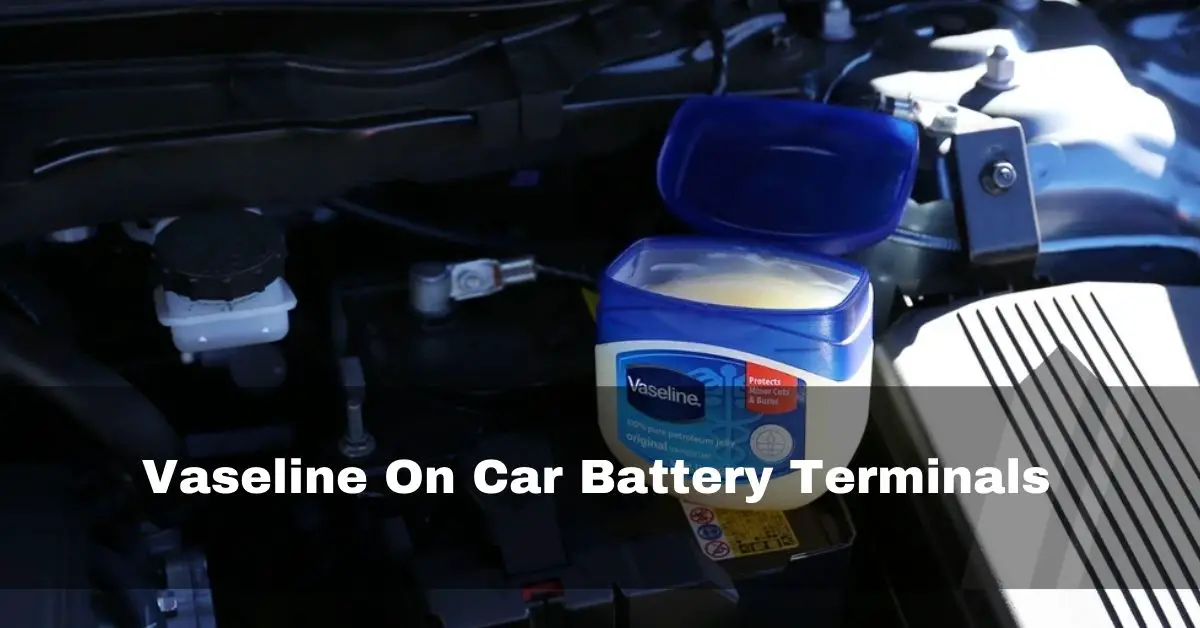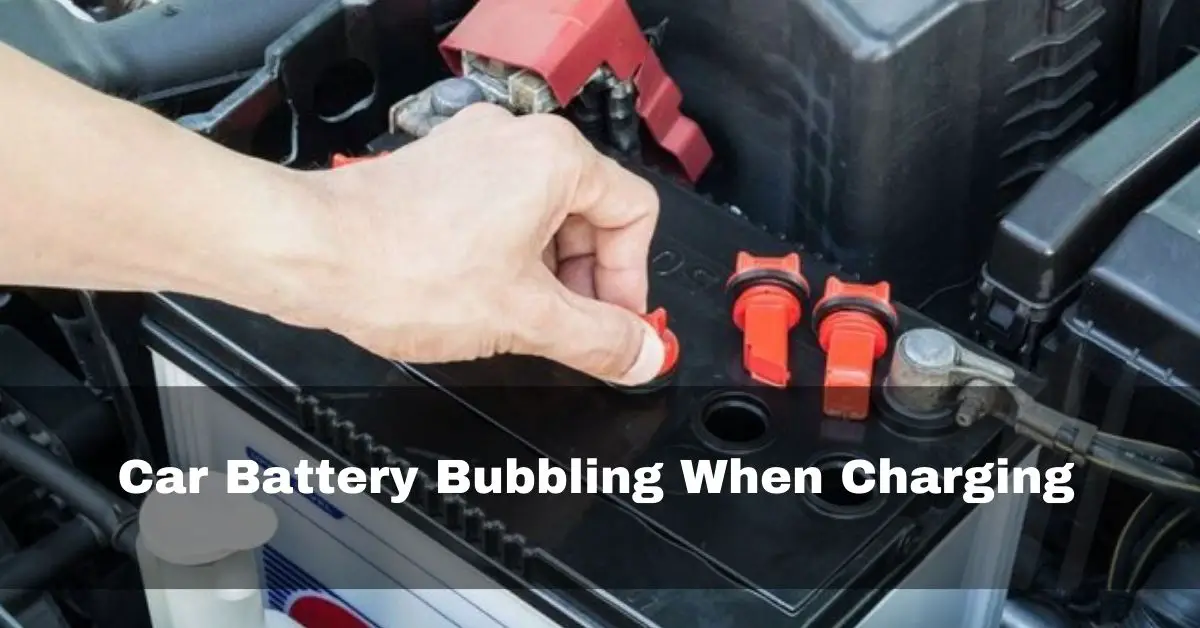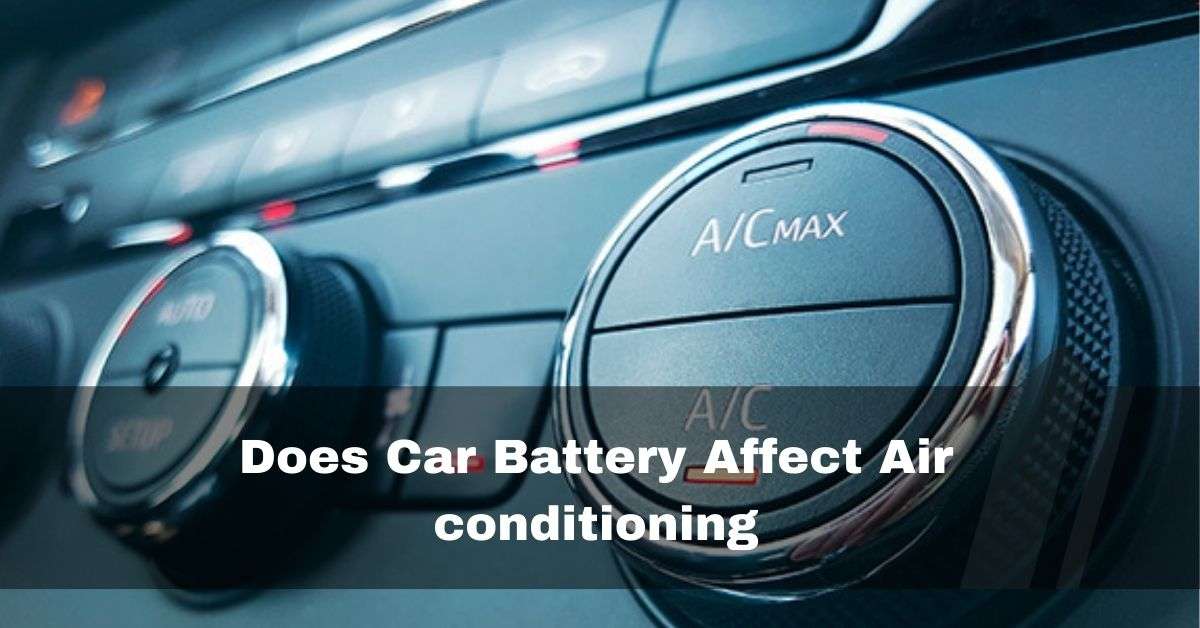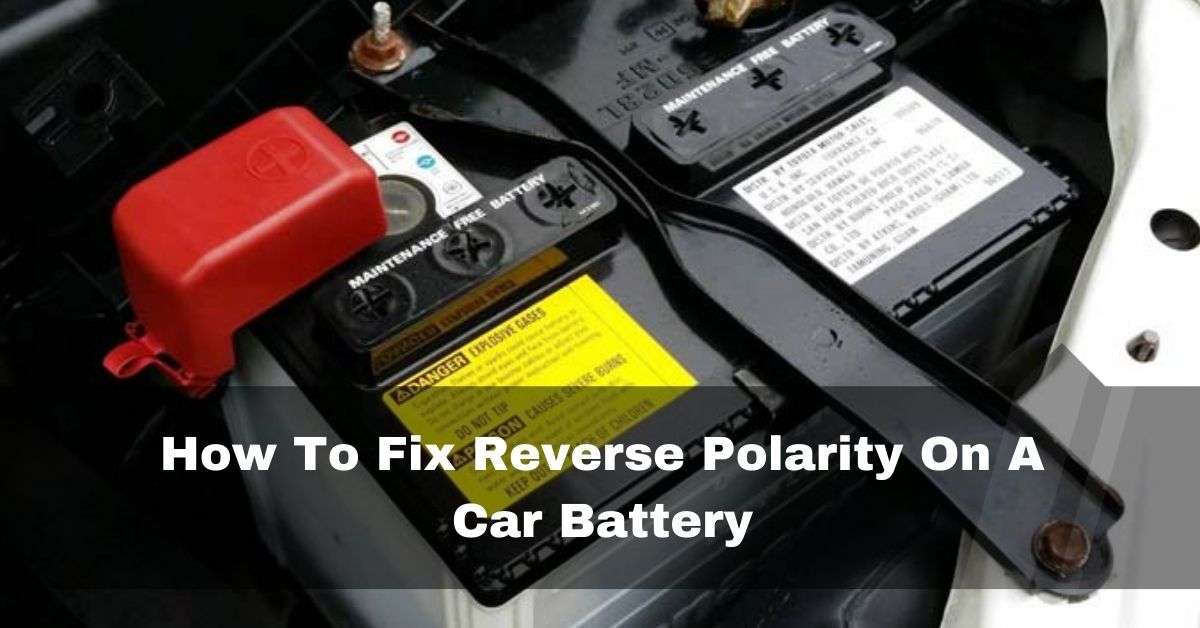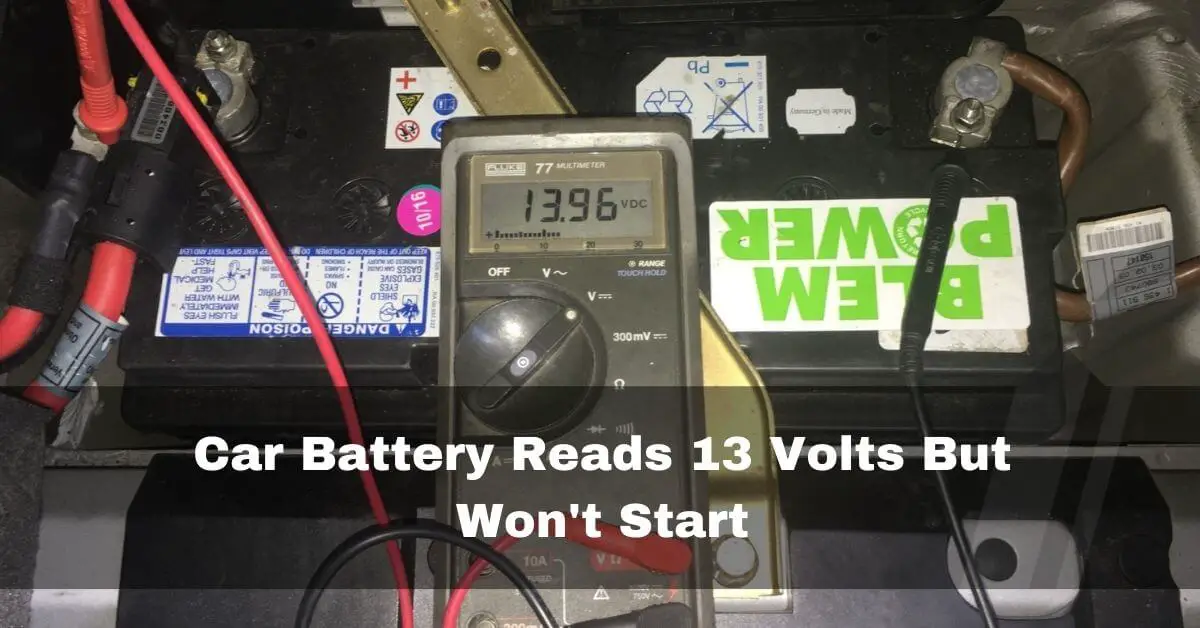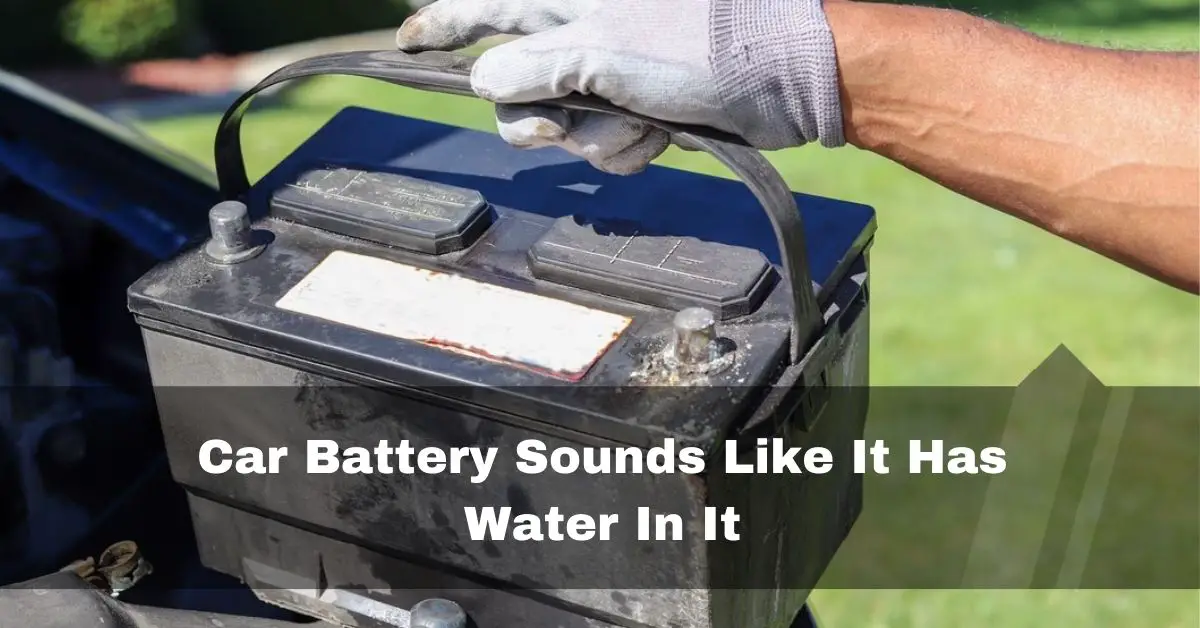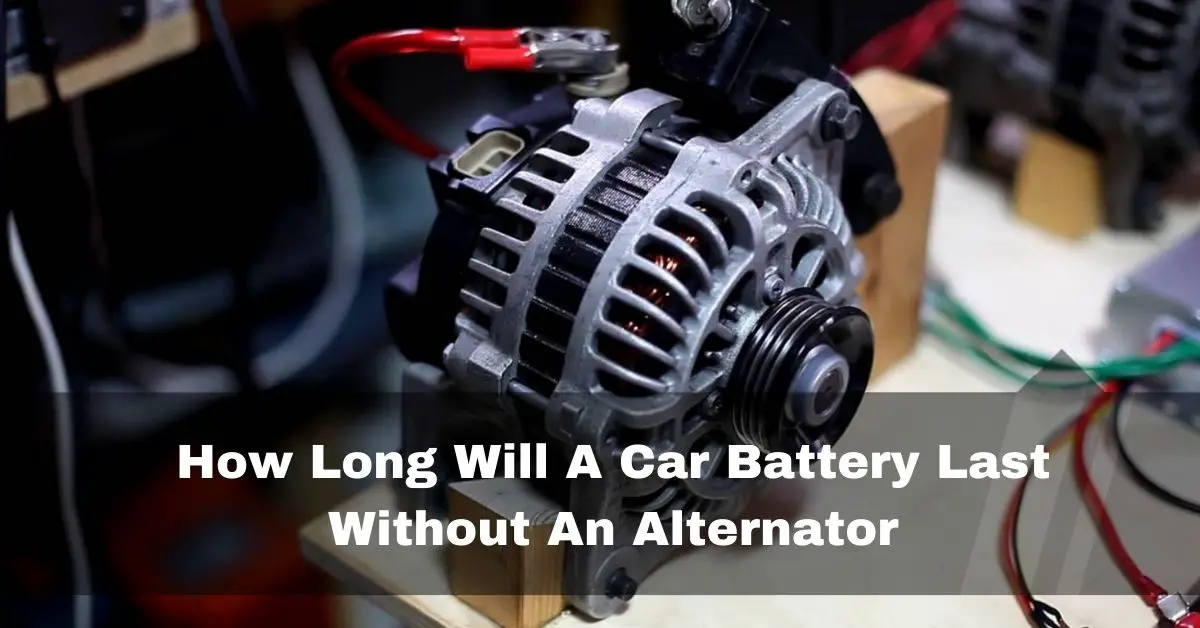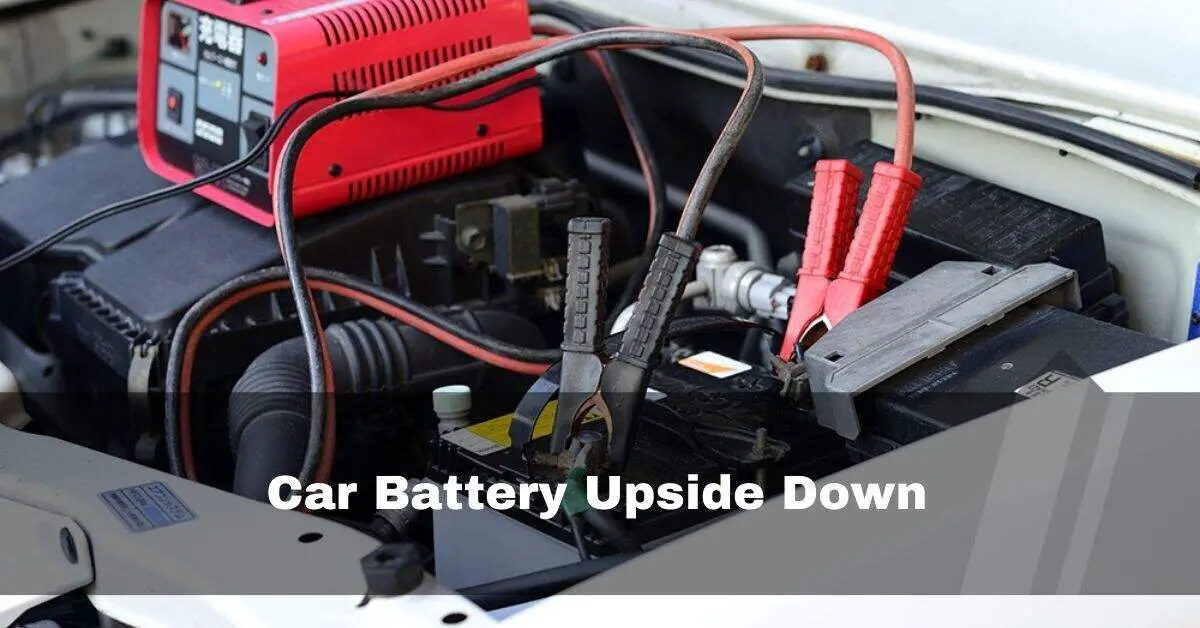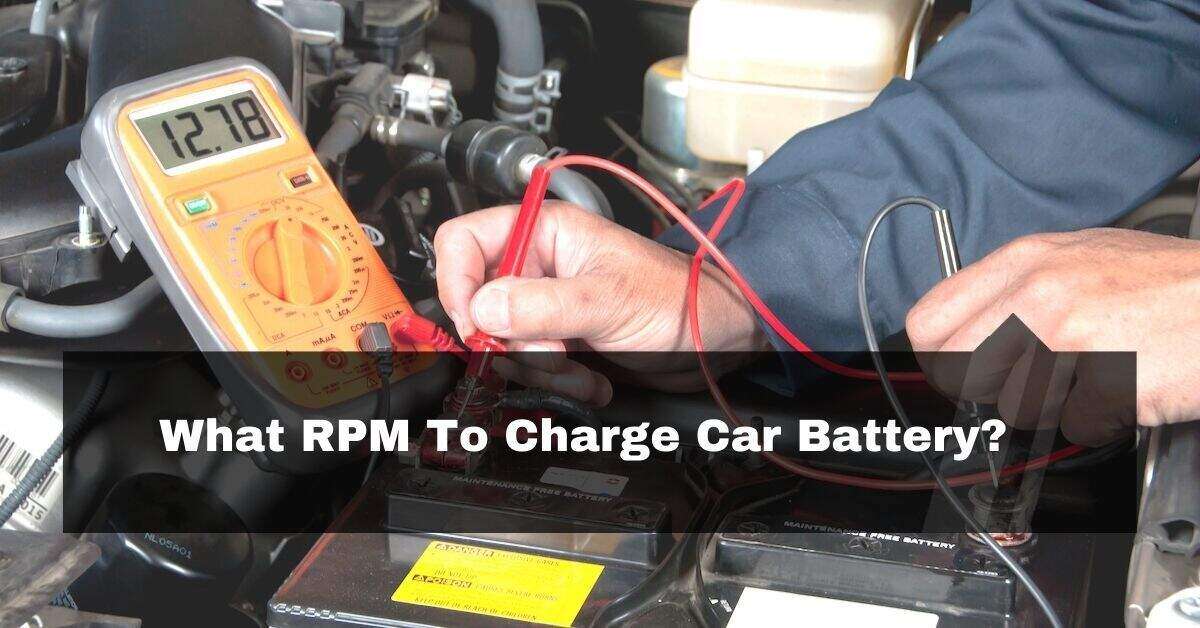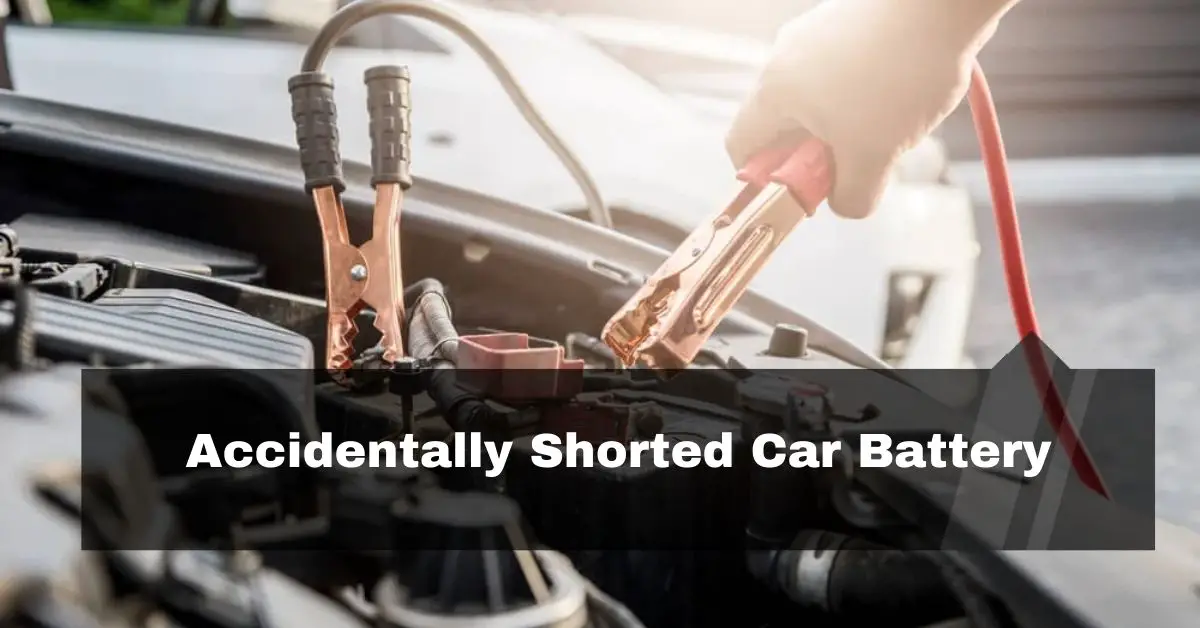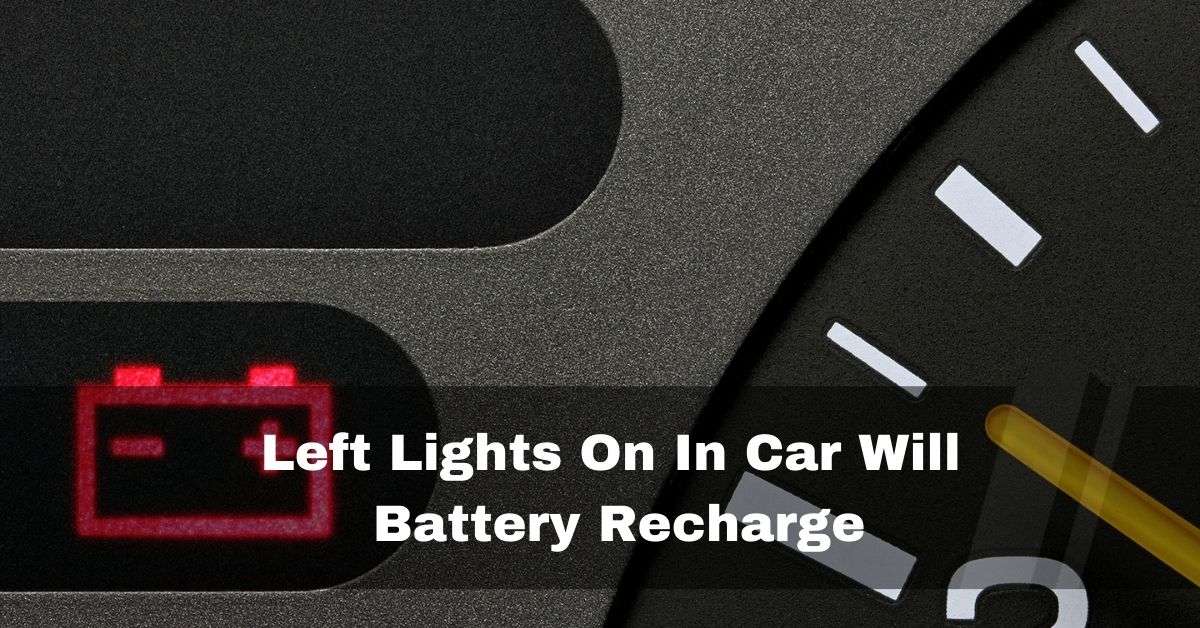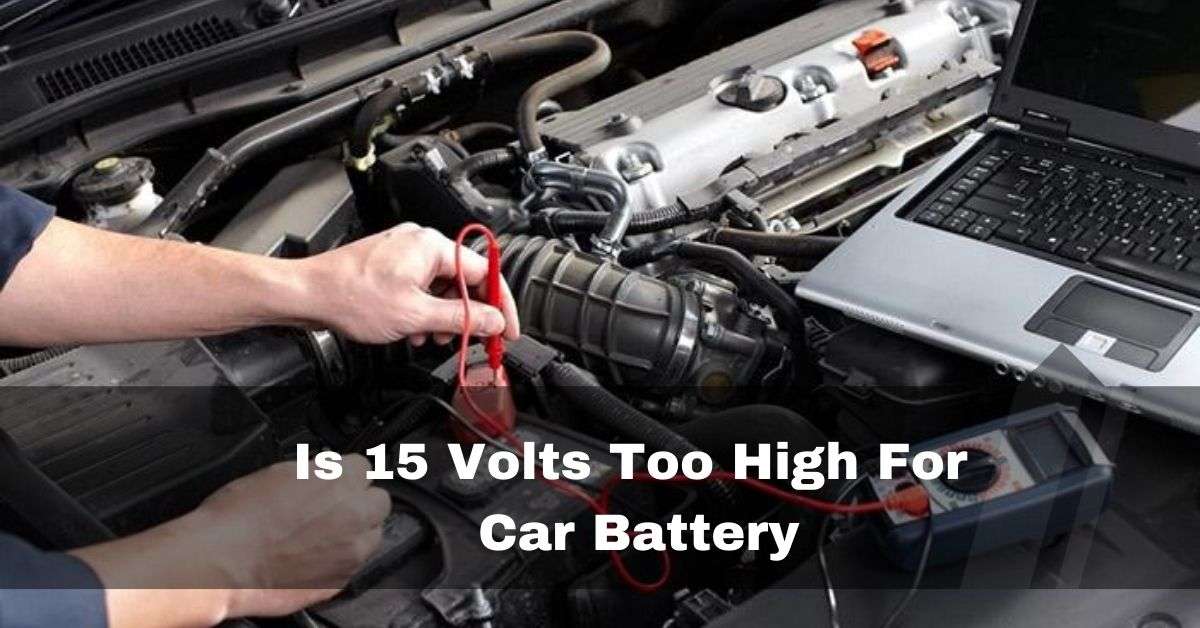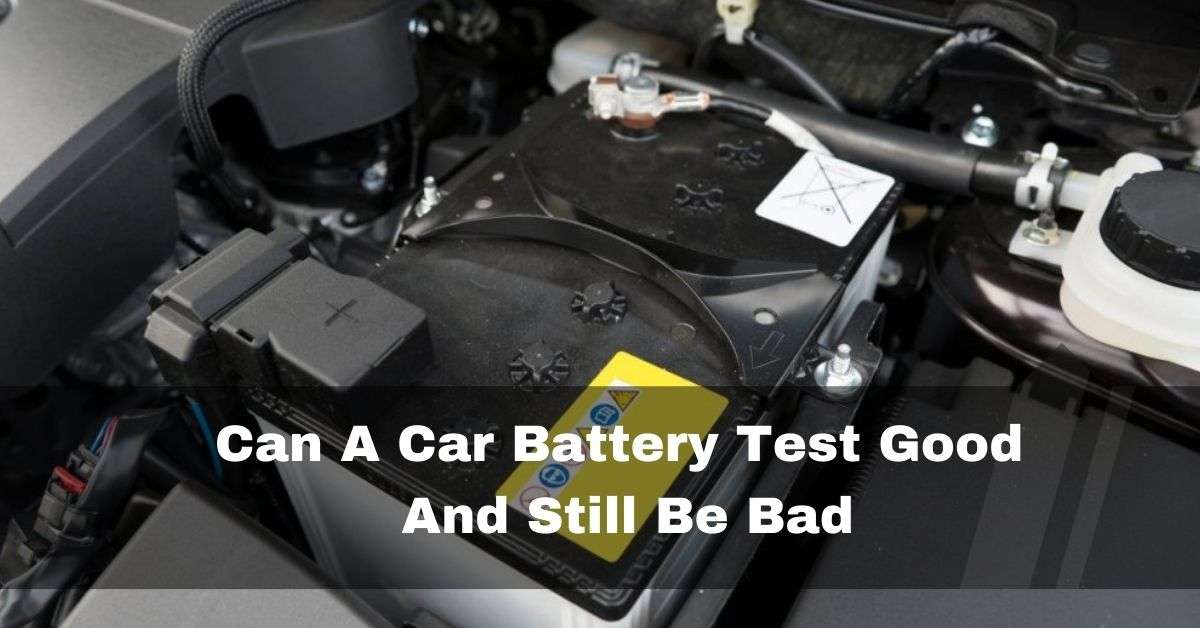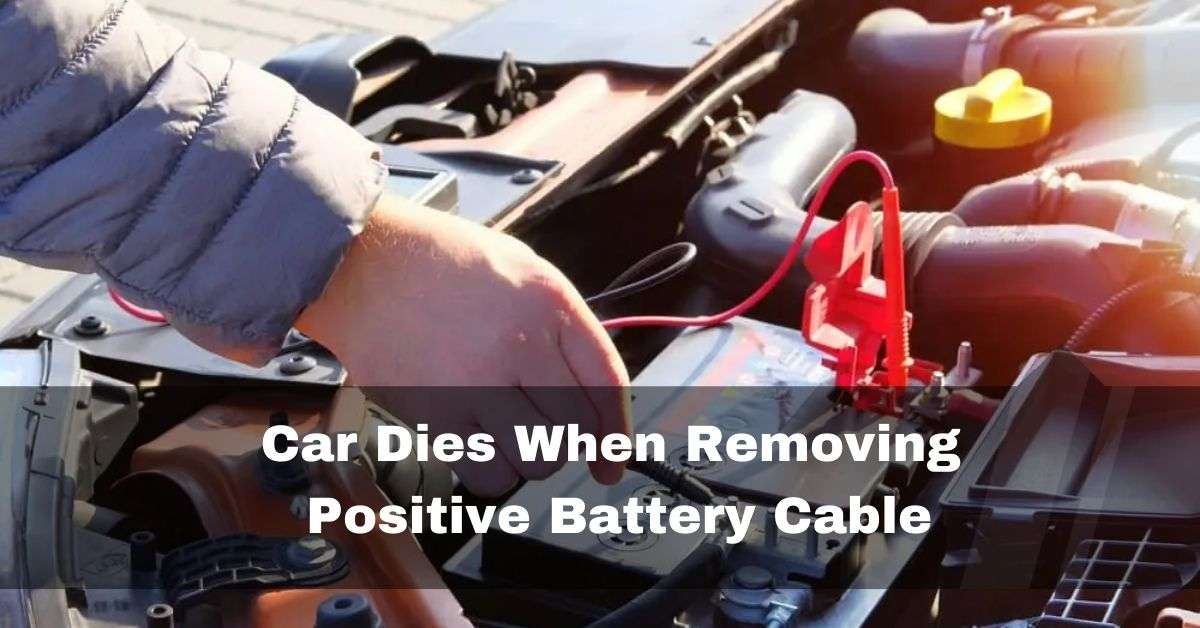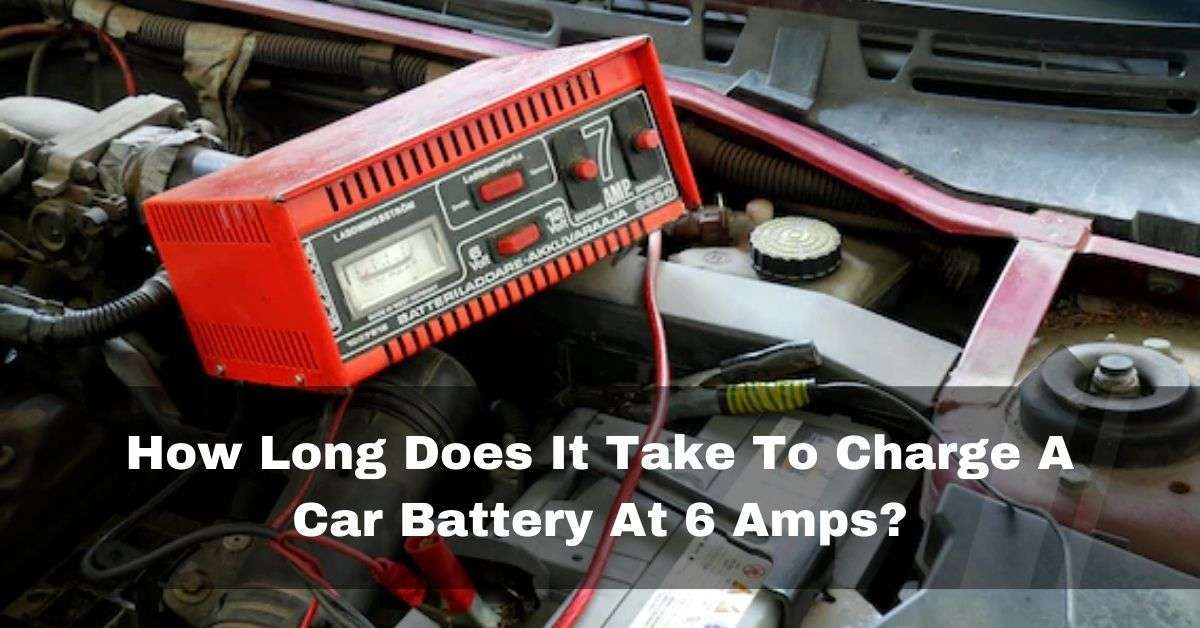There were instances when I disconnected my car battery for maintenance purposes, only to realize later that the voltage had dropped more than expected during the disconnection period. This voltage loss, while natural, can pose challenges, especially if the battery is left disconnected for an extended duration.
Car battery low voltage disconnect? (Short Answer)
If a battery drains while unhooked, it is either a bad battery or there is dirt or moisture between the terminals. If your battery terminals are separated, there is no issue with your car.
In exploring car maintenance and electrical systems, delving into the reasons behind voltage loss and its impact on a car’s battery has been eye-opening.
Table of Contents
Why Car Battery Losing Voltage After Disconnecting?
Having experienced the impact of a car battery losing voltage after disconnection, I’ve delved into the reasons behind this phenomenon.
1. Dirt And Film:
Car battery slowly losing voltage? From my personal experiences, I’ve come to recognize that the collection of debris and film on the top of the battery box is a frequently overlooked factor contributing to a disconnected automobile battery losing voltage. It’s a subtle yet impactful issue that often escapes immediate attention.

Over time, debris, dust, and moisture can accumulate on the surface of the battery, especially on top of the battery box.
This seemingly innocuous layer can lead to a partial discharge due to contamination. The presence of these foreign elements can create pathways for electrical currents, causing an unintended discharge that mimics the symptoms of an inherent battery problem.
Also Read: What RPM To Charge Car Battery
2. Self-Discharge:
Car batteries are not entirely sealed systems and can naturally deplete over time, even while disconnected. It is referred to as self-discharge.

It happens due to chemical interactions inside the battery, resulting in a slow loss of stored energy. The self-discharge rate might vary based on battery type, age, and ambient temperature.
3. Parasitic Drain:
Many modern automobiles contain electronic components that stay operational even when the vehicle is shut off. These components use a modest amount of battery power to maintain settings, memory, and other functions. This continual low-level power drain is parasitic and can add to voltage loss over time.
Also Read: Car Battery Making Hissing Noise
4. Faulty Battery:
A disconnected car battery may lose voltage in some situations due to a problem with the battery itself. For example, a defective cell within the battery can cause self-discharge and voltage loss.

The battery may be more prone to acquiring such defects if it is relatively old or has been subjected to harsh conditions such as severe temperatures or strong vibrations.
5. Battery Sulfation:
Sulfation, the formation of lead sulfate crystals on the battery plates, can occur even when the battery is turned off. Sulfation can accelerate and contribute to voltage loss if the battery has already experienced deep discharge or has been left in a drained state for an extended period. Sulfation can impair a battery’s ability to recharge and keep a charge.
Also Read: What Happens When You Throw Car Batteries In The Ocean
Consequences Of Voltage Loss When Disconnecting:
From my experiences, the consequences of voltage loss when disconnecting a car battery can significantly impact the vehicle’s overall functionality and the battery itself.
1. Difficulty in Starting:
Voltage loss can lead to a weakened battery. The vehicle may struggle to start when you reconnect the battery, especially if the voltage has dropped significantly. This difficulty in starting is a common and immediate consequence.
2. Reduced Battery Capacity:
The capacity of an automobile battery reduces as its voltage drops. It can contain less electrical energy, meaning it will have a shorter lifespan and operate worse when reconnected. A battery with severe voltage loss may fail to start the engine or adequately power the vehicle’s electrical systems.
Also Read: How To Fix Reverse Polarity On A Car Battery
3. Increased Sulfation:
Lead sulfate crystals can form on the battery plates when a battery discharges. Sulfation occurs more quickly when the battery voltage lowers and remains low for a lengthy period. Sulfation decreases the battery’s ability to receive and keep a charge, increasing the voltage loss problem.

4. Potential Damage:
Irreversible damage might occur if the voltage drop is substantial or the battery remains depleted for an extended period. A deeply depleted battery may suffer from plate corrosion and other internal damage, decreasing lifespan and necessitating a total replacement.
Also Read: Vaseline On Car Battery Terminals
How To Prevent And Manage Voltage Loss When Disconnecting?
Based on my experiences, preventing and managing voltage loss when disconnecting a car battery involves a combination of preventive measures and proactive maintenance. Here are some effective strategies:
Clean Battery Surfaces:
Keep the battery and its terminals clean. Accumulated debris and film on the battery surface can contribute to voltage loss. Regularly cleaning the battery helps maintain optimal electrical conductivity.
Also Read: Car Battery Clicking While Charging
1. Regular Maintenance:
It is critical to perform frequent battery maintenance to reduce voltage loss during periods of separation. Cleaning the terminals, checking the electrolyte levels (if applicable), and ensuring appropriate connections are all part of the process.

Regular maintenance reduces the likelihood of other variables contributing to voltage loss. As a result, maintaining the battery’s top surface clean is crucial for lowering voltage loss.
2. Battery Tenders Or Trickle Chargers:
Using a battery tender or trickle charger can assist in keeping the battery’s voltage stable throughout extended periods of separation. These devices charge the battery slowly and consistently, correcting for self-discharge and parasitic drain. It is critical to follow the manufacturer’s recommendations when using these devices to avoid overcharging.

Also Read: How Long Does It Take To Change A Car Battery
3. Recharge And Testing:
If a detached battery has lost voltage, it is critical to fully recharge it before returning it to the car. After reconnecting, it is recommended that you evaluate the battery’s voltage and overall condition using a multimeter and, if necessary, consult a professional.

Related Questions:
1. Does a disconnected car battery lose charge?
A disconnected car battery experiences self-discharge at a rate of 5-15% per month, especially with the negative terminal disconnected. However, if the battery remains connected while the vehicle is inactive, the discharge accelerates to approximately 20% weekly.
2. What voltage should a car battery be when disconnected?
A good car battery, when idle, should measure between 12.4-12.9 volts. A voltage below this range doesn’t immediately signal a defective battery; factors like electrical system drain or alternator problems may influence the reading.
3. Why does my battery voltage drop when I turn off my car?
A minor voltage drop overnight is typical when a car is off due to parasitic draw. This draw stems from ongoing electrical use by components such as interior lights, the clock, car radio settings, and the alarm system, persisting even after the engine is shut down.
4. Do car batteries discharge when not connected?
All lead-acid batteries, including car batteries, undergo self-discharge when not connected. This natural discharge occurs over time and can impact the overall charge level.
5. How do I find a parasitic drain on my car battery?
To find a parasitic drain on a car battery, systematically remove and replace fuses one at a time. Monitor the multimeter reading during this process, and if a notable drop in current is observed after removing a specific fuse, it indicates the circuit causing the parasitic drain.
6. Can A Car Battery Drain With The Positive Cable Disconnect?
Yes, batteries self-discharge. However, it is a prolonged process if only one terminal is connected. Faster is when the vehicle draws a modest amount of current from the battery, as most do. The car has no circuit to deplete the battery once either terminal is disconnected.
7. How Long Should A Disconnected Car Battery Hold A Charge?
A disconnected car battery can live up to 6 months if properly stored out of the car in a secure location. It will require charging, just like any other car battery, but less frequently than if it were connected. A reasonable rule of thumb is to charge the battery every 12 weeks.
8. What Should Car Battery Voltage Be When Not Connected?
What should the voltage be on a car battery? A healthy car battery should read 12.4-12.9 volts when the car is turned off. Anything less than this only sometimes implies that the battery is faulty. It’s possible that your car’s electrical system has exhausted it or your alternator has a problem.
9. Can An Alternator Drain Your Battery When The Car Is Off?
Minor electrical accidents might fully drain your battery because the alternator cannot recharge it when the engine is off. The battery strain brought on by these electrical errors is referred to as a parasitic pull.
10. What problems can happen after disconnecting car battery?
Changing a computer-equipped vehicle’s battery can lead to starting and driveability problems, loss of air conditioning and power accessory functions, temporary false warning lights, and the risk of damage to electronic modules.
Conclusion:
Understanding the effects of voltage loss in a disconnected automobile battery is critical for maximizing battery life and vehicle performance. Self-discharge and parasitic drain can result in decreased capacity, increased sulfation, and probable battery damage. Drivers can limit the negative consequences of voltage loss and ensure their automobile battery remains in excellent condition by following regular maintenance methods, using battery tenders or trickle chargers, and recharging and checking the battery as necessary.
Also Read:
- Car Battery Dead Won’t Unlock
- Car Battery Doesn’t Fit In Tray
- Car Battery Dead Windows Down
- Car Battery Upside Down
References:
- https://mechanics.stackexchange.com/questions/82426/battery-drain-even-disconnected
- https://www.quora.com/Why-when-I-disconnect-my-car-battery-I-still-have-a-battery-drain-new-alternator-and-battery-What-is-causing-this
- https://www.jalopyjournal.com/forum/threads/battery-draining-when-disconnected.257959/
- https://www.reddit.com/r/MechanicAdvice/comments/15ggdc4/whats_going_on_here_voltage_is_133_when/
- https://community.screwfix.com/threads/battery-not-holding-charge.223329/

